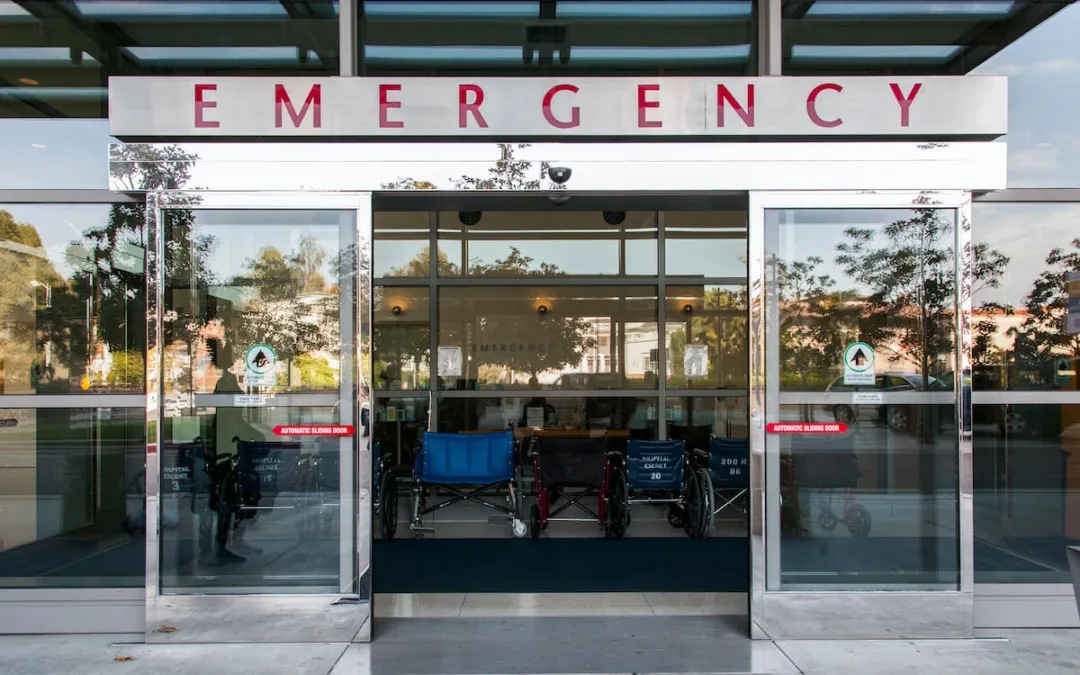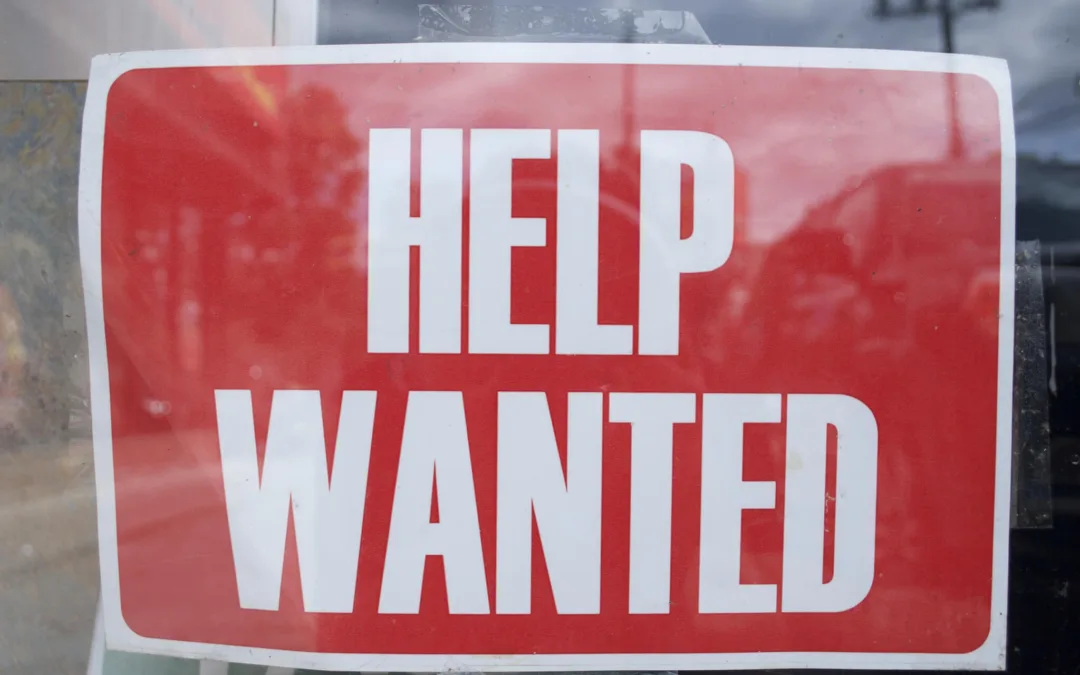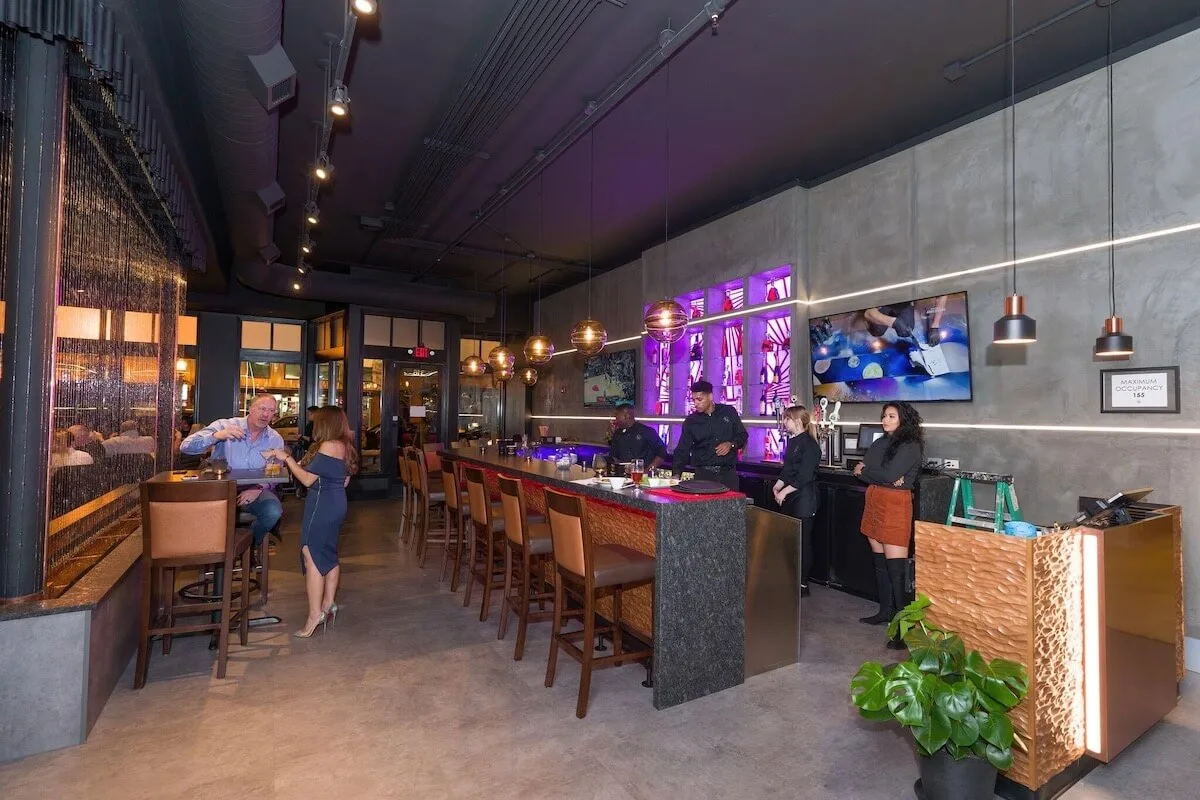
#image_title
#image_title
Federal bill would provide another $120 billion targeted at restaurants.
As one of three owners of Lemongrass Asian Fusion Restaurant & Bar in downtown Wausau, Tuan Uong is grateful the federal COVID-19 relief bill approved last week includes $25 billion to help struggling restaurants like his in Wisconsin and across the country.
But he and other restaurant operators across the state told UpNorthNews they will need additional financial assistance to recover from the adverse impacts wrought by the ongoing coronavirus pandemic.
One year after COVID-19 surfaced in Wisconsin and prompted the two-month shutdown of Wisconsin restaurants and taverns, many restaurants continue to struggle. Ten percent of them have closed during the past year, according to the Wisconsin Restaurant Association, and many others worry they won’t be able to keep their doors open long-term without more government help.
Owners said business has begun to pick up as the number of COVID-19 cases across the state has decreased in recent months and as more people are vaccinated against the virus. But patron numbers are still far less than they were before the pandemic, and many believe a return to normal business could take a year or longer.
“We’re starting to see more customers,” Uong said Wednesday. “But on the weekdays, we are still pretty slow. We are just trying to hang in there, do everything we can to keep our doors open.”
READ MORE: Wisconsin Bars and Restaurants First Shut Down One Year Ago. Here’s How They’re Holding Up.
Additional aid to Lemongrass and other restaurants could come in the form of proposed bipartisan federal legislation that would provide $120 billion specifically to restaurants nationwide. The RESTAURANTS Act of 2021 would provide that money to independent restaurants and small franchises as they continue to deal with long-term challenges related to COVID-19.
US Sen. Tammy Baldwin, a Wisconsin Democrat, said many independent restaurants face going out of business without additional federal aid. Survey data released earlier this month by the Wisconsin Restaurant Association shows nearly one-third of operators furloughed or laid off staff in December and January, and one of every seven restaurant owners in the state said they would “probably” or “definitely” be closed within the next three months without additional aid.
“For the last year, local restaurants and workers across Wisconsin have fought to keep their doors open, and they need our support now more than ever to survive this economic crisis,” Baldwin said in a news release. “Many small and independent restaurants are operating at reduced capacity and may be forced to close their doors for good if we don’t act now.”
Whether the proposed legislation is approved is uncertain. It has support from both Democrats and Republican lawmakers.
Wisconsin restaurant owners have benefitted from PPP funding and $45 million in Coronavirus Aid, Relief, and Economic Security Act money about 2,000 of them received in December, said Kristine Hillmer, president and CEO of the Wisconsin Restaurant Association.
However, additional government payments are needed to help restaurant owners dig out of the financial hole caused by the pandemic, she said in a statement.
“The majority of the remaining restaurant owners believe that it will be seven to 12 months, or more, before business conditions return to normal for their restaurant,” Hillmer said. “Restaurants need specific and targeted assistance to survive.”
A Call for Help
The Odd Duck restaurant in Milwaukee has doubled the debt the eatery had taken on when it began nine years ago, co-owner Melissa Buchholz said. The small 15-table restaurant has been unable to reopen to customers in the year since the pandemic began and was forced to take out a loan to remain in business.
“We have survived, but only because of grants and loans,” Buchholz said Thursday during a news conference organized by the organization Main Street Alliance. “We’re grateful to still be here, but we need more help.”
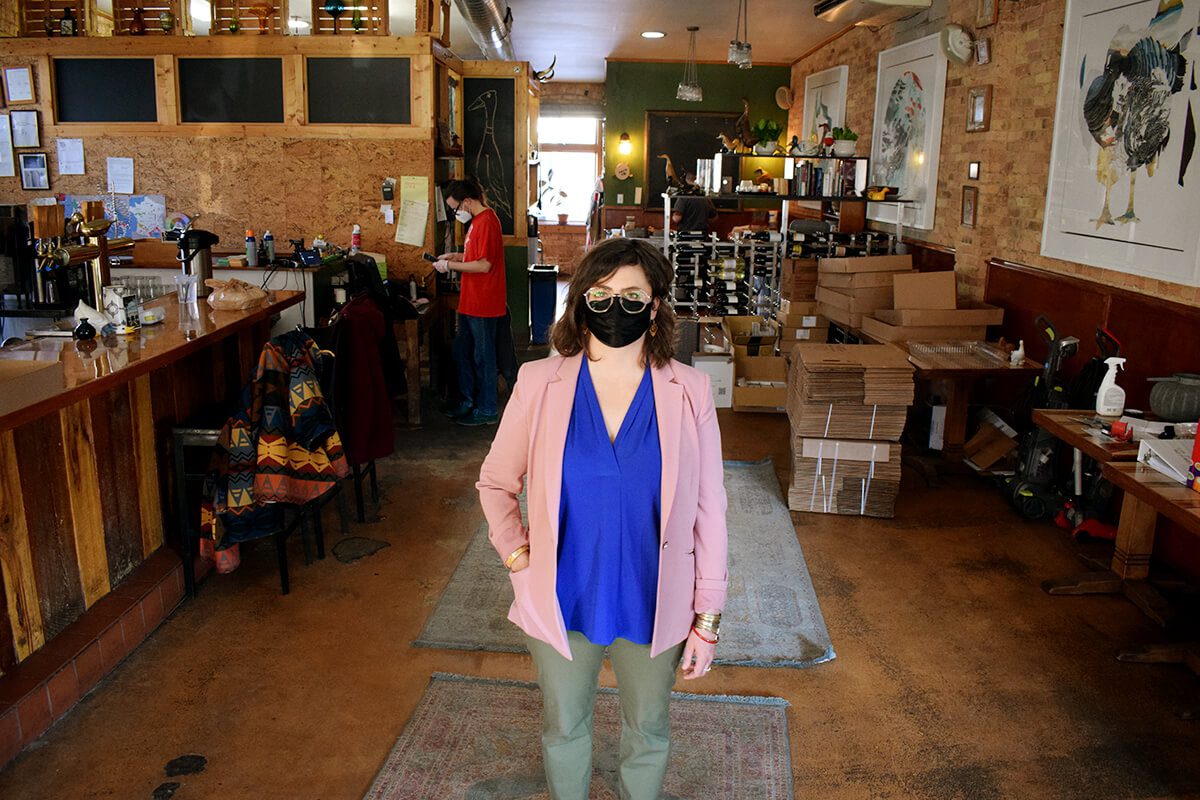
John Clark, operating partner of Public Table, a West Allis restaurant, said his establishment needs additional government help to make up for pandemic-related financial losses. The restaurant had been open for about a year and a half and was doing well. But then COVID-19 came to Wisconsin and “the bottom fell out” of the business, Clark said.
He and his business partners secured various forms of financial aid, from grants to PPP loans.“Everything that we could possibly go for, we did,” Clark said. “That’s kept us alive, but we still had to put money into the business to make it go.”
At the Rhinelander Cafe & Pub and the Deepwater Grille in Ashland he operates, Mark Gutterer has watched his revenues plummet during the past year as business has dropped off by 30% because of the pandemic. He predicted it could take years for his two restaurants and others in the state to fully recover financially from the pandemic and he said he backs any assistance they can receive.
“This pandemic has been really hard on all of us independent restaurants,” Gutterer said. “Right now we need all the help we can get.”
Business has been steadily returning in recent weeks at Public Table, Clark said, although the restaurant remains at half capacity—26 seats for dine-in service, not counting outdoor space in the beer garden. However, he said he doesn’t think business will be completely back to normal any time soon.
“It won’t be until the summer of 2022,” Clark said.
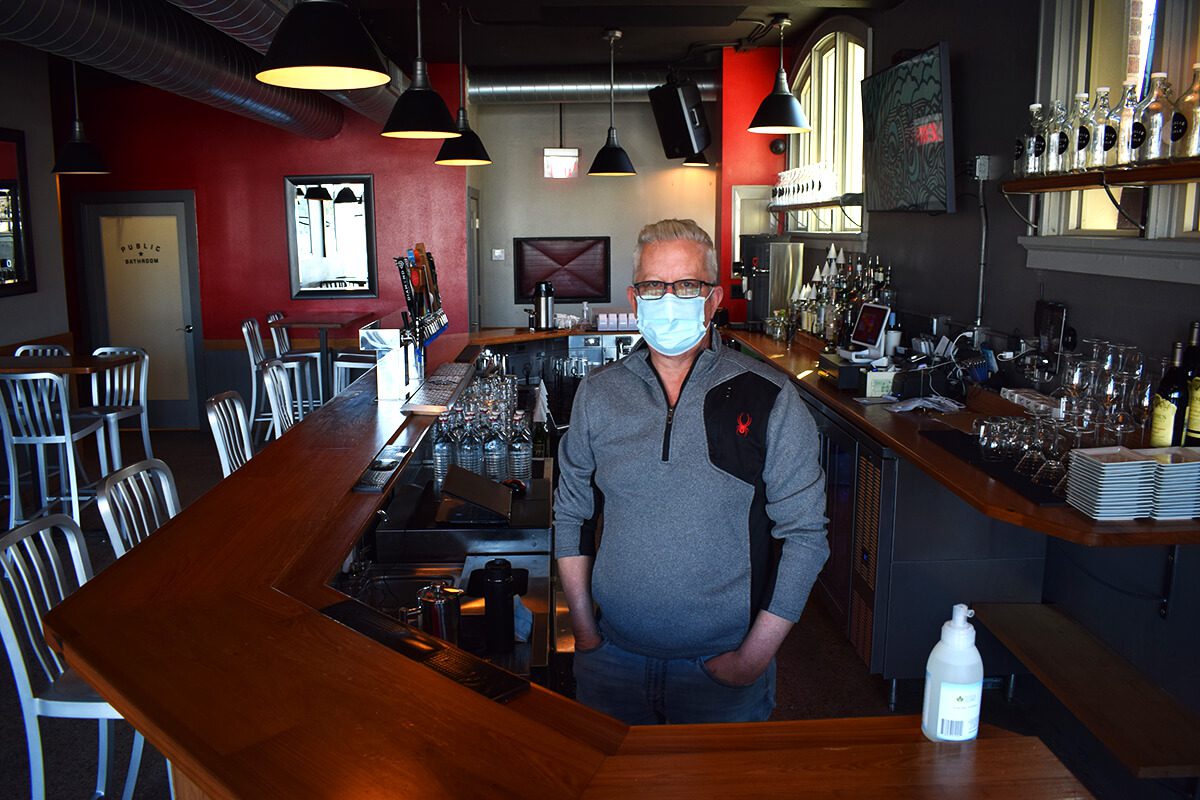
Uong said he doesn’t know if he can stay open that long without additional assistance. He and two relatives opened Lemongrass, which features a Thai-Vietnamese cuisine, in February 2020, one month before COVID-19 forced a shutdown of restaurants.
The trio spent nearly $1 million renovating an existing space, an effort that included installing a new kitchen. Business was good at first, Uong said, but then disappeared with the shutdown order and has been slow to return. He said his restaurant did not qualify for federal Paycheck Protection Program (PPP) funding because it did not have 2019 tax form figures used to determine that aid.
“Everything was going really good after we opened,” Uong said. “Then COVID hit, and it all went downhill. We’re doing everything we can to stay open, to keep our workers employed. But we need more help.”
Politics

New Biden rule protects privacy of women seeking abortions
Under the new rules, state officials and law enforcement cannot obtain medical records related to lawful reproductive health care with the goal of...

Biden marks Earth Day by announcing $7 billion in solar grants
The Biden administration on Monday announced the recipients of its Solar For All Program, a $7 billion climate program that aims to lower energy...
Local News

Stop and smell these native Wisconsin flowers this Earth Day
Spring has sprung — and here in Wisconsin, the signs are everywhere! From warmer weather and longer days to birds returning to your backyard trees....

Your guide to the 2024 Blue Ox Music Festival in Eau Claire
Eau Claire and art go hand in hand. The city is home to a multitude of sculptures, murals, and music events — including several annual showcases,...



